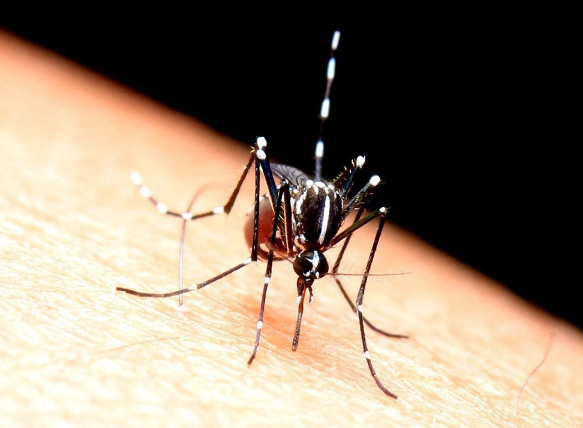By Angel Soleil, | October 31, 2016

Around 1,500 to 2,000 cases of malaria are reported in the U.S. every year. (Instagram)
Millions of genetically modified mosquitoes are set to be discharged in Brazil. Scientists are hoping that they could help slay all their natural counterparts.
Oxitec, the owner of the world's largest factory for genetically modified mosquitoes in Brazil, has developed male mosquitoes that die after mating. The genetic defect is passed on so any offspring would suffer the same fate. Scientists believe that the development could be a life-saving effort in a country which has been struggling with mosquito-borne diseases such as Malaria, Dengue, and the deadly Zika Virus.
Like Us on Facebook
A field test conducted by the firm between the years 2011 and 2014 showed some promising results. A 90 percent decline in the population of wild mosquitoes was reported after one genetically modified male mosquito was released.
Oxitec has reported that the factory could produce about 60 million genetically modified mosquitoes a week. It plans to release 10 million in the first week once it gains approval from the Brazilian health authorities. So far, the town of Piracicaba is its first customer after the company signed a four-year deal with the government, amounting to $1.1. Million.
Though most extinctions cause serious consequences for the ecosystem, it is believed that mosquitoes (which are considered as pests) have no wider purpose than to subsist and spread disease. However, no long-term study has been done to support the belief.
For now, Oxitec is not concerned with whether or not the eradication of the mosquito species would come without consequences. Karla Tepedino, a biologist form Oxitec, said that the focus of the company is to eliminate the vector which causes the disease.
-
Use of Coronavirus Pandemic Drones Raises Privacy Concerns: Drones Spread Fear, Local Officials Say

-
Coronavirus Hampers The Delivery Of Lockheed Martin F-35 Stealth Fighters For 2020

-
Instagram Speeds Up Plans to Add Account Memorialization Feature Due to COVID-19 Deaths

-
NASA: Perseverance Plans to Bring 'Mars Rock' to Earth in 2031

-
600 Dead And 3,000 In The Hospital as Iranians Believed Drinking High-Concentrations of Alcohol Can Cure The Coronavirus

-
600 Dead And 3,000 In The Hospital as Iranians Believed Drinking High-Concentrations of Alcohol Can Cure The Coronavirus

-
COVID-19: Doctors, Nurses Use Virtual Reality to Learn New Skills in Treating Coronavirus Patients







